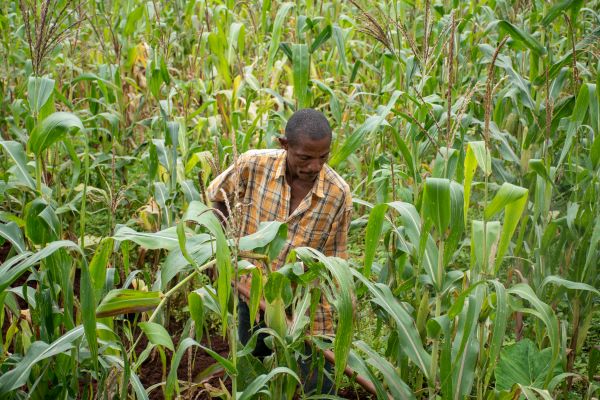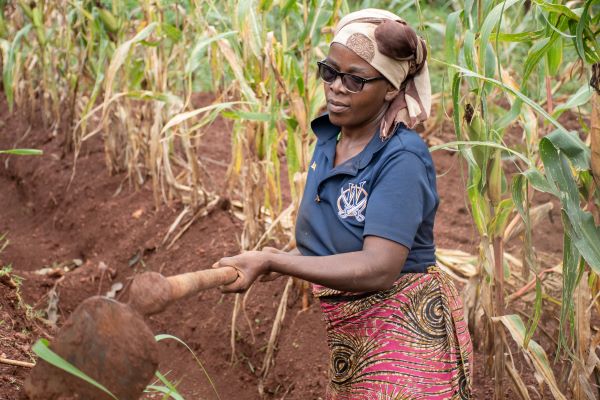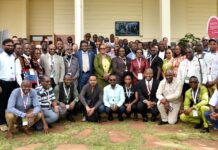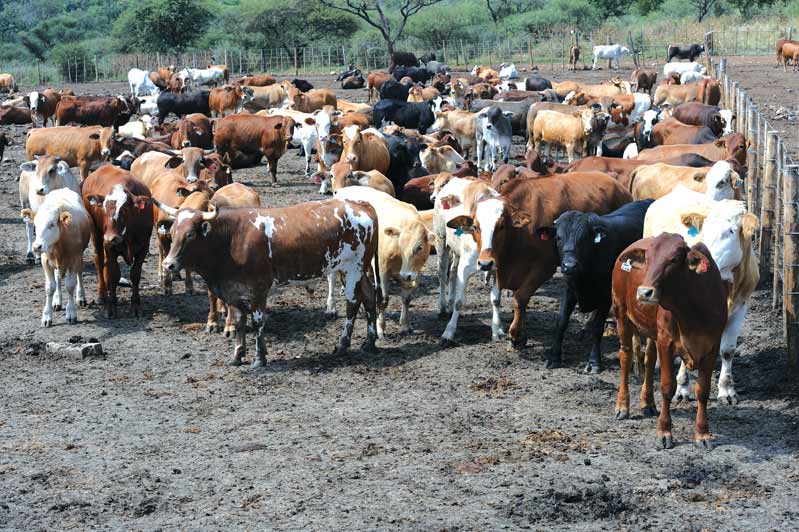New estimates from One Acre Fund reveal the true cost of supporting smallholder farmers to build long-term resilience for themselves and the environment in the face of the climate crisis.
Based on an investment of $300 per farmer per year, the social enterprise calculates that approximately $153 billion would be required annually to support the estimated 511 million smallholders worldwide farming less than two hectares of land to build climate resilience. Currently just $2 billion of global climate finance from both public and private sources reaches smallholder farmers, revealing a financing gap of $151 billion.
One Acre Fund estimates that filling this gap would yield $403 billion in value for smallholders globally, taking into account higher yields, increased revenue, improvements in soil quality, healthier families, and the long-term economic and ecological benefits of agroforestry.
The organization has released the figures ahead of the 2024 UN Climate Change Conference (UNFCCC COP29), at which the subject of climate finance is expected to take center stage. The new estimates demonstrate that the $100 billion committed annually by developed countries to finance climate adaptation across all sectors in the Global South falls dramatically short of what’s required to ensure climate resilience.
Using learnings from One Acre Fund’s delivery of climate solutions to over 4.8 million smallholders across sub-Saharan Africa, and preliminary data from early-stage trials in Rwanda, the organization calculated the cost per farmer for two adaptation scenarios.
The first, an ‘Essentials’ package of support, looks at the investment needed to provide a farmer with quality inputs, training, trees, and basic insurance as a last-resort safety net. This package offers a base level of adaptation for smallholders, with limited resilience built in. The second looks at what is needed to help smallholders not just cope but thrive, despite intensifying climate impacts. This ‘Thrive’ package incorporates optimized agronomy, market access for climate-smart crops, support to implement regenerative agricultural techniques and intensive agroforestry, and expanded insurance coverage in the event of climate shocks.
In the Essentials package, a global investment of just $47 billion would be required, but the corresponding impact would be just $73 billion compared to the $403 billion of value generated in the Thrive scenario – demonstrating the added impact that comes from greater investment.
Michelle Kagari, Senior Director, Government Relations and Policy at One Acre Fund said: “Smallholder farmers are one of the groups most vulnerable to intensifying climate impacts worldwide. Most are reliant on less than two hectares of land, and are working with already degraded soils, making them acutely susceptible to shocks such as storms, floods or drought. These events are capable of wiping out entire harvests, with detrimental implications for the livelihoods of smallholders and their families.
“Working with five million smallholders and their families across sub-Saharan Africa, One Acre Fund is proving that large-scale adoption of climate solutions by smallholder farmers is possible. We have the tried and tested models. What’s needed is the finance to scale them across the continent, and globally. With climate finance high on the agenda at COP29 next week, we’re calling on the global community to close the climate finance gap for smallholder farmers, and support them to unlock the myriad environmental and economic impacts of building climate resilience.”
Smallholder farmers around the world are contending with increasingly erratic temperatures and weather patterns as a result of the climate emergency, with devastating implications for crop yields, soil health and, by extension, livelihoods and wellbeing. In the face of failing harvests and limited income, most smallholders lack the means to build resilience to these climate shocks.
Despite this, smallholders have the potential to play a crucial role in addressing the impacts of climate breakdown, employing tools and techniques that will move them towards more sustainable and prosperous livelihoods and contribute to individual and collective resilience in the face of the climate emergency.
Bukuru Thierry, a smallholder farmer in northern Burundi who accessed training to combat soil erosion through One Acre Fund’s Tubura Program, said: “Our locality has long been a victim of climate change. The main threats have always been erosion, landslides and snow. My corn and bean fields were twice washed away by erosion, and once by hail and torrential rain. I didn’t have enough to feed my family any more, and some of my neighbors almost died. We didn’t know where to turn. Farm yields were steadily decreasing, as the arable land was stripped of its nutrients.
I learned about the Tubura Program from a farmer friend. After applying the right techniques, my harvest increased remarkably. As a member of the Tubura program, I also had easier access to inputs and other agricultural products. With Tubura we have become key players in climate resilience and environmental protection. Now we can get on with our farming activities without fear of the threat of erosion.”
With global leaders and policymakers assembling in Baku, Azerbaijan early next week for UNFCCC COP29, One Acre Fund is calling on the global community to recognize the impact of investing in smallholder farmers, and to direct a far greater proportion of climate finance to smallholder farmers.
One Acre Fund will present these figures at COP29 at an event on Finance Day (November 14th), in the Action on Food Hub.








